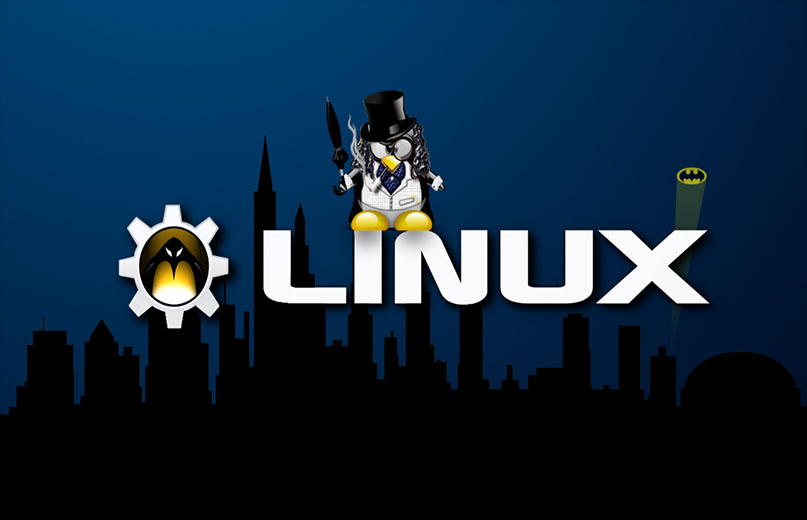
- February 19, 2024
- Praveen
- 0 Comments
- Social Media
LINUX
Linux : Linux is an open-source operating system kernel originally developed by Linus Torvalds in 1991. It is based on the Unix operating system and is widely used as the foundation for various Unix-like operating systems, commonly referred to as Linux distributions or distros. Linux is known for its stability, security, flexibility, and scalability, and it powers a wide range of computing devices, from servers and supercomputers to smartphones, IoT devices, and embedded systems. Here are some key aspects and uses of Linux:
1.Server Operating System: Linux is widely used as a server operating system due to its stability, performance, and security features. It powers a significant portion of web servers, cloud computing platforms, and enterprise servers worldwide. Popular Linux server distributions include Ubuntu Server, CentOS, Debian, and Red Hat Enterprise Linux (RHEL).
2.Desktop Operating System: Linux is also used as a desktop operating system by individuals, businesses, and organizations. Linux desktop distributions offer a user-friendly graphical interface, productivity software, multimedia applications, and a wide range of open-source software packages. Popular Linux desktop distributions include Ubuntu, Fedora, Linux Mint, and Debian.
3Embedded Systems:Linux is widely used in embedded systems and IoT (Internet of Things) devices due to its small footprint, low resource requirements, and flexibility. It powers devices such as routers, smart TVs, set-top boxes, digital signage, automotive infotainment systems, and home automation devices.
4.Development Environment: Linux provides a powerful environment for software development, with support for various programming languages, development tools, and libraries. Developers can use Linux for software development, web development, system administration, DevOps, and other related tasks. Linux distributions come with package managers that simplify the installation and management of software packages and libraries.
5.Networking and Security: Linux is widely used in networking equipment, network servers, and security appliances due to its networking capabilities and security features. It supports networking protocols, firewalls, VPNs (Virtual Private Networks), intrusion detection systems, and other network and security-related technologies.
6.Data Centers and Cloud Computing:Linux is the dominant operating system in data centers and cloud computing environments, powering infrastructure-as-a-service (IaaS) and platform-as-a-service (PaaS) offerings. It provides scalability, reliability, and performance for running virtualized environments, containerized applications, and distributed systems.
7.Education and Learning: Linux is widely used in educational institutions and for learning purposes due to its open-source nature and availability of free resources. Students and educators can learn about operating systems, computer networking, programming, system administration, and other IT-related topics using Linux.
8.Customization and Flexibility: Linux offers a high degree of customization and flexibility, allowing users to tailor the operating system to their specific needs and preferences. Users can choose from a wide range of desktop environments, window managers, themes, and software packages to create a personalized computing environment.
Overall, Linux is a versatile and widely-used operating system with applications across various domains, including servers, desktops, embedded systems, networking, security, development, education, and more. Its open-source nature, community support, and robust ecosystem of software make it a popular choice for individuals, businesses, and organizations seeking a reliable and cost-effective computing platform.


Leave a Comment